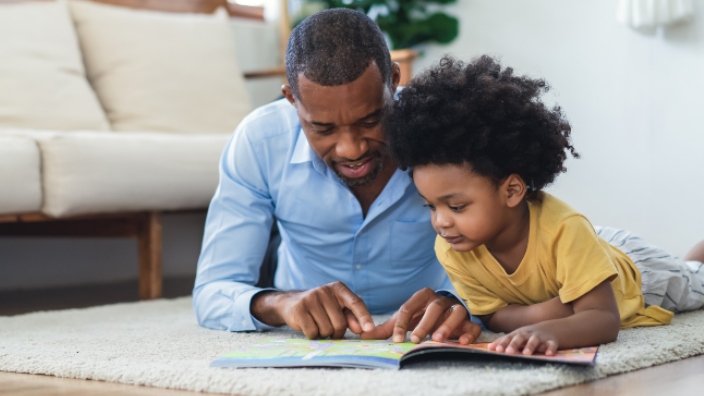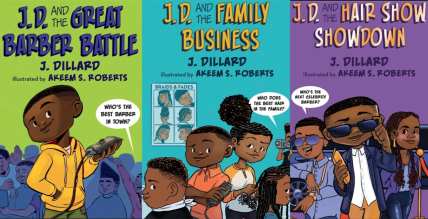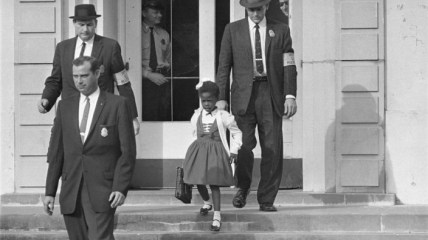Children’s books taking on death, mental illness using images of diverse kids
It reportedly wasn't until the protests following the death of George Floyd that the publishing industry began examining more serious, diverse topics for young readers.
The days of avoiding serious topics in children’s books — things like complex emotions, racism, mental illness, even death — appear to be behind us. Authors targeting young readers are tackling uncomfortable truths, producing more diverse and sophisticated content with which to engage them.
According to The Philadelphia Inquirer, Carl Lennertz, executive editor of the Children’s Book Council, says authors of children’s books have been crafting complex narrative arcs for young readers since the 1960s. These books, however, were an exception, and children who did not grow up in a nuclear family — and were not white — continued to be ignored in children’s literature.
“There was a time when we wanted to keep children sheltered from these issues; that time is now behind us,” said Naren Aryal, CEO and publisher of the children’s imprint Mascot Books, The Inquirer reported. “But we are learning as a society that it’s better to talk about these things that have gone unspoken in the past.”

Fast forward to 2022, and publishers have increased the variety of children’s books available, especially historical and nonfiction books. For instance, A Kids Company About — which, according to its website, is a Black-owned children’s media company with a goal to inspire a new generation of kids through diversified storytelling — has released more than 70 books for readers up to 9 years old. The books cover a variety of subjects, including divorce, racism, voting, cancer, empathy, and being non-binary.
While things appear to be moving in a positive direction within the book industry, there’s still work to be done. In 2015, publisher Lee & Low conducted a survey on diversity in the publishing industry and discovered that only 2 percent of children’s books were written by Black authors and showcased Black children; similarly, Latinos were rarely featured. There was only a slight rise in the number of books featuring Black protagonists when the survey was repeated five years later.
Lennertz told The Inquirer that it wasn’t until the protests following the May 2020 death of George Floyd in Minneapolis police custody that the publishing industry began examining its output with a more serious eye. Since then, there has been an increase in the number of children’s nonfiction books tackling Black history.
However, many school districts across America are banning books that humanize LGBTQ+ children’s experiences and discuss specifics of Black people’s lives, with some white parents believing that reading them makes children feel bad.
“Kids can handle the material. Their minds are open, they don’t prejudge,” said Lennertz, according to The Inquirer. “What if the cop [who killed George Floyd] read a book that humanized Black children 20 years ago? Imagine how our country would be different.”
The resurgence of worldlier children’s literature is being fueled by a number of books written by authors with connections to Philadelphia, such as school teacher Hallee Adelman, who has a series of books about kids and big feelings, and ABC News Live anchor Linsey Davis, whose book “How High is Heaven?” helps young people deal with the death of loved ones, a topic especially relevant in the wake of COVID-19 and never-ending gun violence.
Jamilah Thompkins-Bigelow has also authored several books, including “Mommy’s Khimar,” which is about a Muslim girl playing dress-up with her mother’s head scarves, and “Your Name is a Song,” which tells the story of a youngster whose teacher and classmates are unable to pronounce her name until she teaches them to sing it. The latter book fell into a book ban imposed by the Central York School District.
“It’s troubling that people want to ban people like me from existing in a book,” said Thompkins-Bigelow, The Inquirer reported. “Are you bothered if your kids see me? There aren’t explicit messages in my books; they are just presentations of people who exist.”
TheGrio is FREE on your TV via Apple TV, Amazon Fire, Roku and Android TV. Also, please download theGrio mobile apps today!


